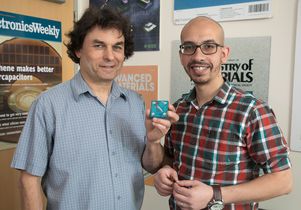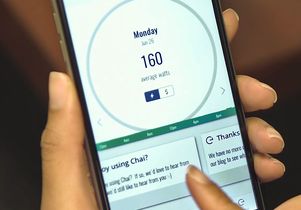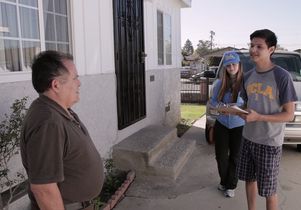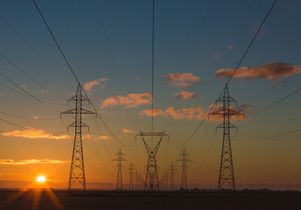
Without electric grid upgrades, heat-related power outages in L.A. County are guaranteed by midcentury
Without changes being made by 2040, the report found, certain locales would be guaranteed to experience power failures at the hottest times of the year.






















